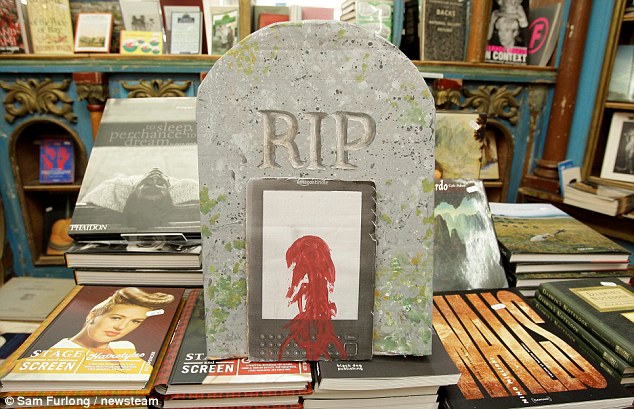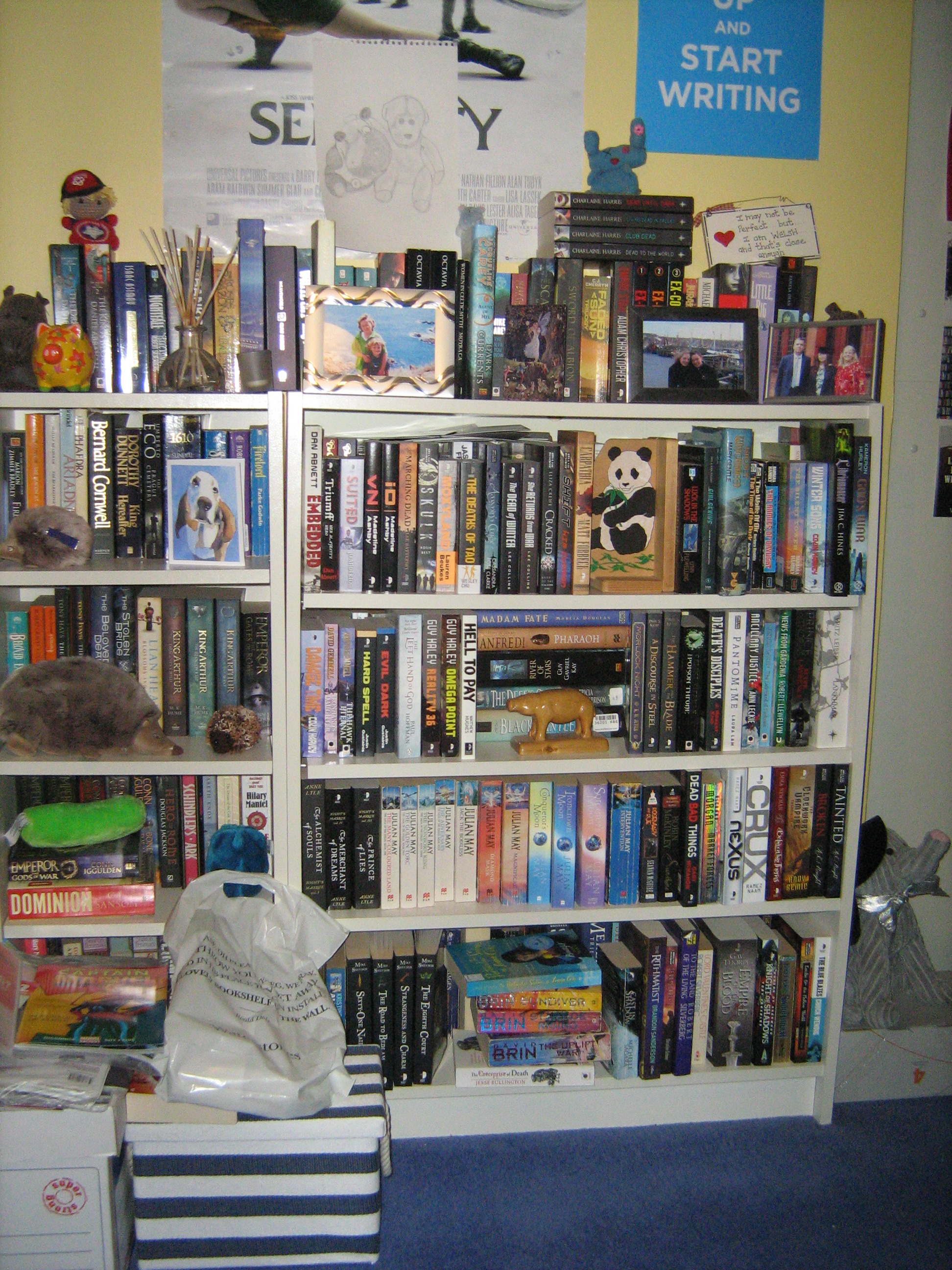It’s time to have a quick chat about something: blog accessibility. It’s particularly important to me because my mother has macular degeneration and I’ve been a volunteer for two charities which advocate for people who have sight-related disabilities, and because I know I have at least one regular reading my blog who uses a screenreader. It’s something you might not be very conscious of — especially if, as I found was pretty common, you assume that people with sight issues don’t (can’t) read.
Well, the technology for disabled people to keep on reading is definitely out there — magnifiers, audiobooks, ereaders, even plain ol’ being read to. And likewise, there’s plenty of assistive technology available for participation online, from screenreaders to browser extensions. I’m willing to bet there are some bloggers who use these technologies, maybe without talking about it, and probably there are people who are frustrated about participating because of issues, like pages with teeny tiny fonts, grey on white text, twiddly fonts, no alt text, etc, etc.
So! What can we do to fix this? It’s a lot of information to take in, but there is a website specifically teaching web accessibility, if you want to go the whole hog: the Web Accessibility Initiative. There’s also an accessibility evaluation tool called WAVE, which might help. And there’s a checklist I run through in my head (which I spent entirely too much time making into an acronym):
ACCESS
- Alt(ernative) text. If you include an image, describe that image in the alt text. All you need is to add alt=”Description” to the HTML. Then screenreaders will read out the description instead of skipping the image entirely.
- Contrast and colour. Have you got grey text on a black or white background? If so, there’s a good chance some people can’t read it at all, and others will get headaches trying! Black against white (and white against black) are a good contrast, obviously, and I can’t imagine anyone wants to go with black on neon yellow, which is supposed to be very readable. But try and think about contrast when designing your blog.
- Ease. Is it easy to find things on your site, or do people have to trawl through miles of menus to find something?
- Size. This is somewhat adjustable by the end-user, but if you have BIG TEXT for reviews and tiny text for comments, people will need to zoom in and out depending on which part of the page they’re on. Keeping things more or less the same size should help, and you can check this easily yourself by zooming in and out in your browser.
- Style. If you’re using a font with serifs (little extra strokes on the letters), this can be difficult for people with dyslexia and visual issues. There’s a good page here about font choices and how to present text on your webpage.
I am sure there’s a ton of stuff which that leaves out, but it’s a good jumping off point, I think, along with using evaluation tools. The benefit of all this is that your site will look good to all your visitors, if you plan for them in the first place, and more people can participate in our community and share their views and experiences. Can’t see a downside to (book) blog accessibility!
As for my own blog accessibility, I have already worked on it somewhat (with my mother’s feedback and web evaluation tools), and I’m always open to making more modifications, too. My skills with css and coding and so on are non-existent, so I might be limited in exactly what I can do. Still, that’s what the internet/my techy partner is for, and I will do my best to accommodate any disability needs!


